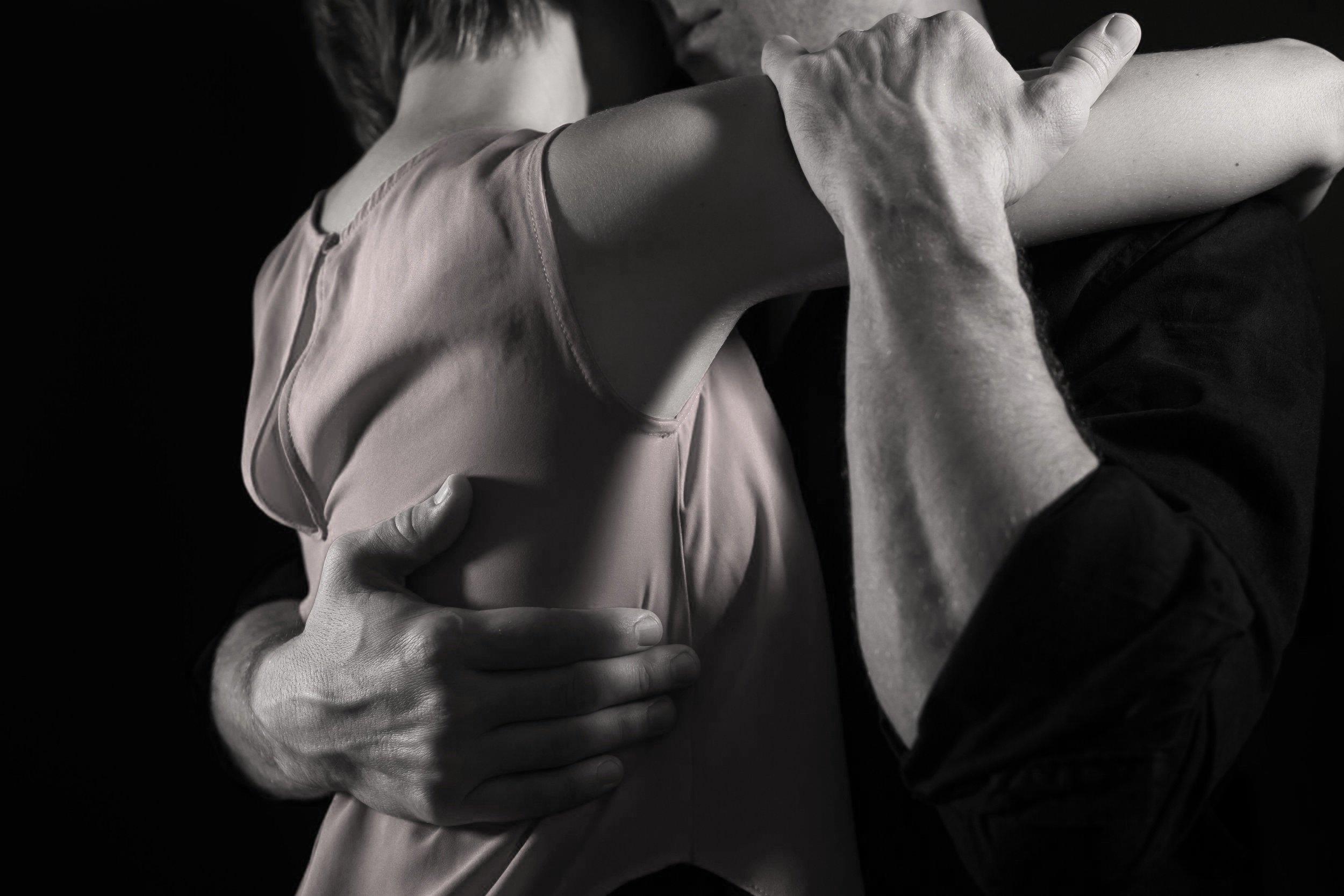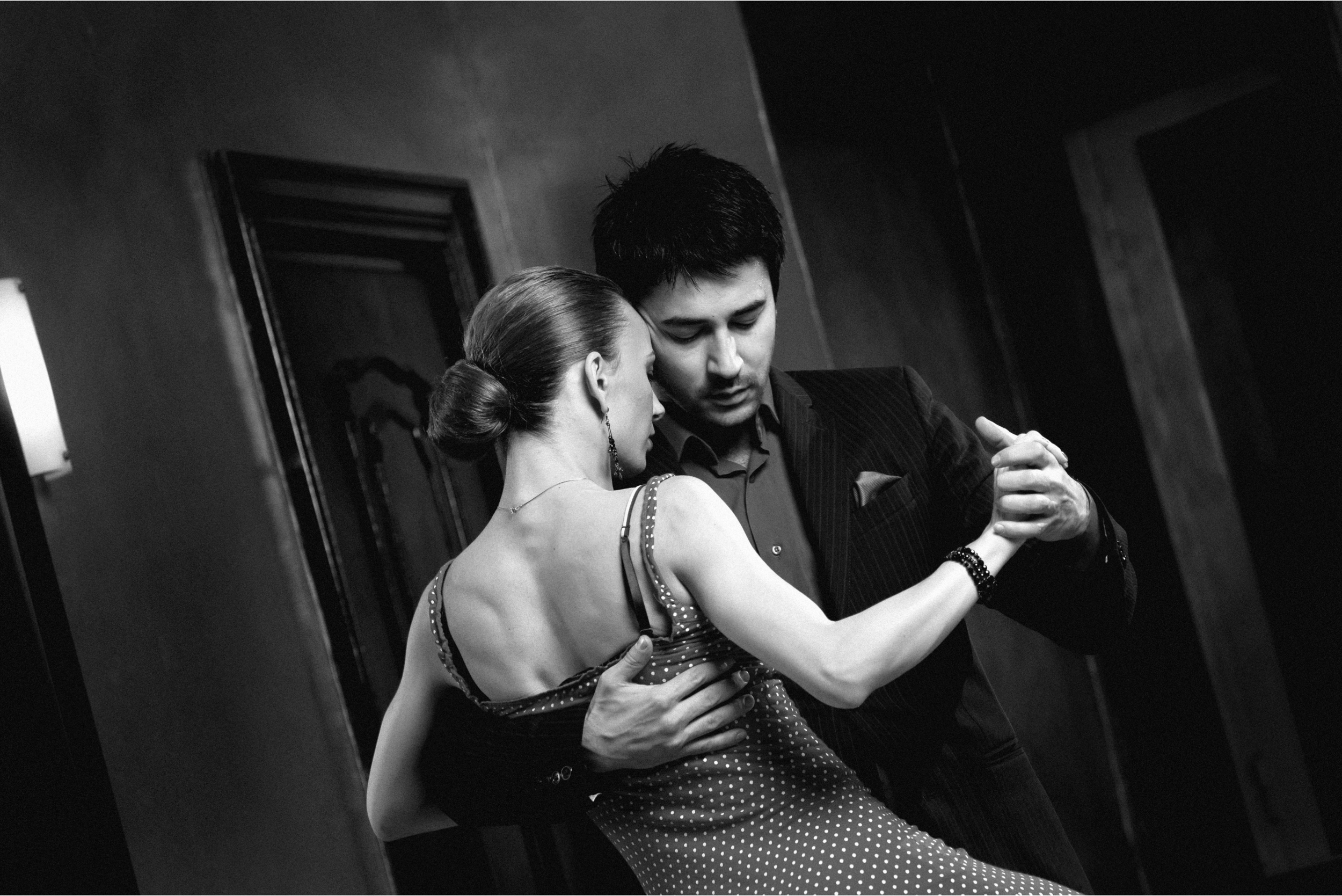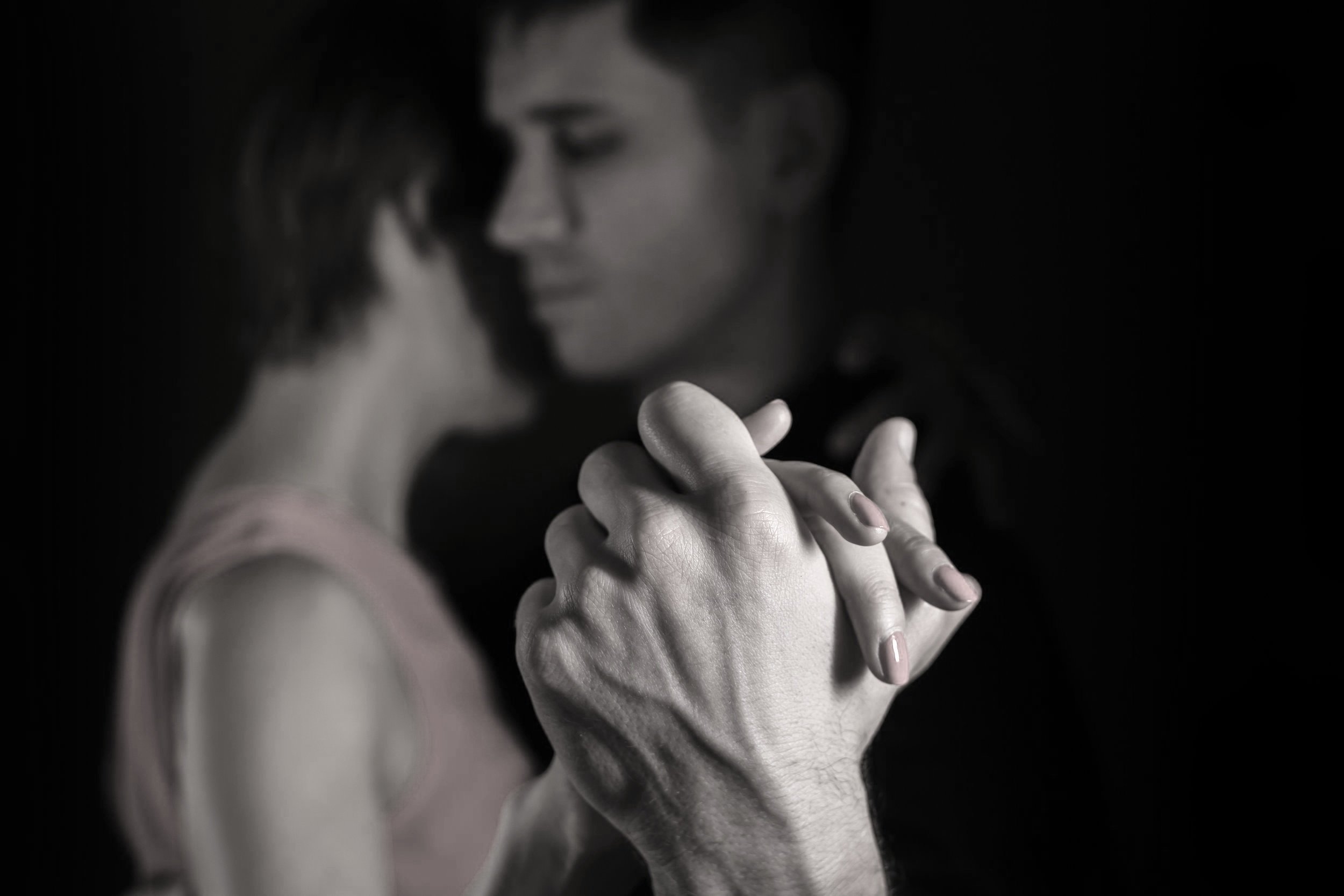Most Romantic Activities: Tango, the Essence of Romance
Even before the world began practicing social distancing, much of the essence of romance seems to have already been lost on younger generations. Technology plays a major role in this. Ironically, although technology has allowed more of humankind to connect digitially, it has also led to a physical disconnect between people.
While there are various opportunities to find dates online and for couples to connect through apps, these avenues cannot substitute for in-person communication and intimacy.
In fact, according to an article from Greater Good Magazine,
it is hard to get a sense of someone via a highly choreographed online presence or to accurately gauge interest through texting alone, where miscommunication is rampant.
As the anthropologist, Helen Fisher argues: ‘There’s not a dating service on this planet that can do what the human brain can do in terms of finding the right person.’ In other words, meeting face to face is important.”
Further supporting this statement is a post from Good Therapy. According to Ohio counselor Jessica Wade, MAMFT, LPCC,
“(…) the emotional connections forged by couples through body language, nonverbal communication, tone of voice, and facial expression are essential to the relationship and impossible to replicate with technology.”
Losing the Spark
It’s no surprise then that many couples fall into the trap of losing the romantic spark that had once made their relationship exhilarating. This can be further exacerbated by technology, as gadgets and social media can provide unwelcome — and often addicting — distractions that take time away from couples.
On top of these are other responsibilities that can interrupt plans, disrupt schedules, and ultimately lead to a slow disinterest in the relationship itself, as well as each other.
However, technology isn’t solely to blame. In fact, even before the boom of social media and the internet, many couples have already struggled to keep their romantic spark alive.
Many find themselves simply going through the motions of being physically together as opposed to being present and wholeheartedly connected in the moment.
According to Exploring Your Mind doing the same every single day is something that happens frequently in our lives and, by extension, in the life that we share with our spouse. This ends up causing a breakup that is not ‘the death of love’ but rather the interruption of routine.
Love’s worst enemy is, undoubtedly, monotony, also known as boredom.
Always doing the same things, going to the same places (or not going anywhere at all), talking about the same things, watching the same movies, going to the same vacation spot year after year after year, etc…” All these, even without the influence of technology, can cause even the strongest relationships to falter and eventually break.
How then, can couples rekindle this lost romantic spark and appreciate intimacy once more?
Revitalizing Romance With Tango
There are many ways in which couples can revitalize the romance in their relationship, but it’s no doubt that
Argentine tango is one of the most romantic activities couples can do together.
The fundamentals of tango themselves can serve as guideposts that couples can heed and apply in their own relationship. Some of these include the following:
A Steady Embrace
A post from Tango is More than a Dance, It Teaches you to Love, Sara Funky aptly summarizes why tango is such a romantic activity: “In Argentina, tango is more than a dance — it is the language of romance, a push and pull between partners that is ever-changing and unpredictable. To tango, in a way, is to learn how to love — how to communicate in a relationship.”
Of course, communication here goes beyond merely speaking. In tango, movements and steps are relayed through subtle cues wherein the abrazo is crucial.
Without a steady embrace between both partners, cues can get lost in translation or become subject to misinterpretation.
The same is true for relationships: without the connection of a steady “embrace,” couples are bound to fall into misunderstandings.
A post from Tango Voice provides a good analogy:
“When a man and woman enter onto the dance floor, they embrace. They reach their arms around each other and connect, chest to chest, in a comfortable connection that is maintained throughout the dance. All movements that occur are while maintaining this embrace. The embrace is not broken.”
Thus, if a relationship is the dance floor that partners enter into, they must strive to keep their intimacy or the embrace in order for the dance to work. Through this, communication becomes easier, and misunderstandings are avoided.
Taking the Lead, Supporting With Strength
Tango requires sensuality and closeness, but these aren't the only factors that make it one of the best activities for couples to improve their relationship.
There are, in fact, other fundamental tango concepts that can be applied to relationships. One example is leading and following.
For starters, every happy relationship has a leader and a follower, but not in the conventional sense.
Taking the lead in tango, like in romance, does not imply having a monopoly on decisions. On the contrary, leading is most effective when one listens to and empathizes with the follower. Following, on the other hand, is more than just blind obedience; it is about attentively supporting the leader and bringing out their strengths.
Sabrina and Ruben Veliz dance “Desconcierto” by Carel Kraayenhof and Kraayenhof Tango Ensemble - watch the dance, through which they ‘discuss the embrace and the power. Sabrina and Ruben are also sharing their though during Tango Secrets Summit.
A post from Paul Yang provides an eloquent explanation:
“Tango is an intimate dance. It allows your partner to touch your body, enjoy your gentle submission, snug embrace, attentive leading, obedient following, loving protection, sensitive accommodation, supportive complement, and harmonious cooperation. It also allows your partner to access, listen and feel the inner voice, feelings, sentiments and personality of you. “
“In fact, your partner can learn a lot about you in the dance. How you connect, move, communicate, respond, and adapt tells a lot about the somatic, psychological, ethical, artistic, and aesthetic qualities in you.”
“The way you dance unreservedly reveals who you are: refined or crude, musical or deaf, sensitive or dull, affectionate or indifferent, calm or irascible, graceful or clumsy, adaptive or inflexible, yielding or controlling, agreeable or disagreeable, friendly or arrogant… all are exposed in the dance.”
It is this revelation of the self to your partner and vice versa that strengthens the bond in a relationship — or ruins it, should partners find themselves insisting on rigid personalities.
Intimate Improvisation
Speaking of rigidity, tango has no place for such a mindset. As a dance, the fullness of tango is experienced through improvisation — a principle which could also apply to couples.
Consider this: two people coming together to form a relationship are essentially strangers who have been raised in different backgrounds and beliefs that may run contrary to each other.
Therefore, some measure of compromise is inevitable on occasion. As one spends more time with their partner, one adapts not only to their situation but also to their behaviors, habits, idiosyncrasies, personality, etc. At the same time, one’s partner will adapt to them in the spirit of giving and taking.
In many ways, this is akin to a milonga, wherein both partners are more often strangers than people who have already been acquainted with each other.
Furthermore, much like in tango, one does not go into a romantic relationship with the full knowledge of how everything will pan out. There will certainly be snags and setbacks along the way, but there are also pleasant surprises that make the dance — the romantic partnership — exciting and unpredictable.
There is no choreography in romance. Similarly, tango is not a series of memorized figures or steps, but rather a dance of improvisation where both partners must listen to the music and, more importantly, listen to each other.
Though one may have an idea of what women want or what men want, every relationship is unique, and there is no one-size-fits-all approach.
Perhaps what makes the Argentine tango such an iconic element of romance that transcends cultures is how much humanity it reveals in people.
The Triumph and Transcendence of Tango
Perhaps what makes the Argentine tango such an iconic element of romance that transcends cultures is how much humanity it reveals in people.
Without humanity, one would be hard-pressed to experience love or romance, much less recognize it in others. It is a dance that is felt, as opposed to a dance that merely promotes mechanical reactions. A post from Why People Dance Tango explores the humanity of tango and the empathy it encourages, not only for others but also for oneself:
“Tango triumphs for a unique reason. While most dances are created to celebrate life, tango serves a different purpose. It is created by the least fortunate to shelter their sorrows.”
“They do not come to the milonga to play peacocks, but to expose their vulnerability and seek comfort, to dance the loneliness, homesickness, nostalgia and grief in them, to find a shoulder to rely on, to take refuge for their wounds, to quench their thirst for love, and to touch and be touched by another human being.”
These are all the people. "These are also the ordinary people, poor people, immigrants, construction workers, waiters, waitresses, shop assistants, maids, and taxi drivers. They may not be splendid in their appearance, but you feel it when you dance with them. Their embrace is warm and affectionate, their feeling is deep and sincere, their heart is sensitive and sympathetic, their movement is raw and infectious, and their dance is emotional and sentimental”.
“Tango is their refuge. The intimate, soulful, sensual and comforting nature of tango reflects and serves their deep, inward, human needs.”
This is the tango still danced in the milongas of less affluent societies, such as Argentina and Uruguay.”
Ultimately, without a connection with oneself, it would then be difficult to connect with others and find someone with which one could share romance.
Thus, to connect with others, and for partners to reconnect, one must strip away pretensions and ego so one can behold a steady embrace, lead and follow with strength, and improvise intimately through empathy.
To conclude, an anecdote from THE ESSENCE OF LOVE: TANGO IN THE HEART OF BUENOS AIRES paints a vivid picture of how this can be achieved with tango:
“In San Telmo, I was surprised to find that, while the tango is certainly an intense affair, the primary emotions are romance and passion… [...] I could have sat there forever, soaking up the atmosphere of that warm summer night, looking at the expressions; the devotion on the women’s faces.”
“Even while they were often dancing with strangers (people switched partners often), the way they seemed to float between serene joy and intense passion is magical. They all embodied — in their own way — the essence of love.”








